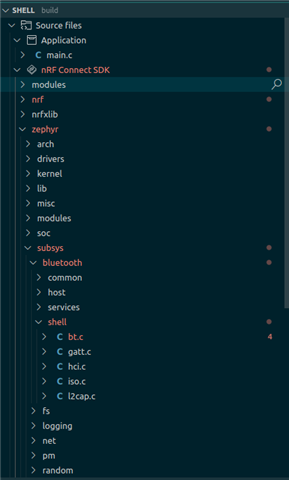Dear support
I am developing a generic client, after connection and service discovery, there are usually a few characteristics with different uuids are found, I need to choose which characteristic to work on by its uuid, and pass the uuid as a parameter, I noticed in examples they are all passed by macro like BT_UUID_BAS etc. is it possible I define a variable like struct bt_uuid* my_uuid and pass it around like my_uuid = BT_UUID_BAS; ?
I tried and it doesn't work me, I wonder what is the solution.
Thank you!
Ping




